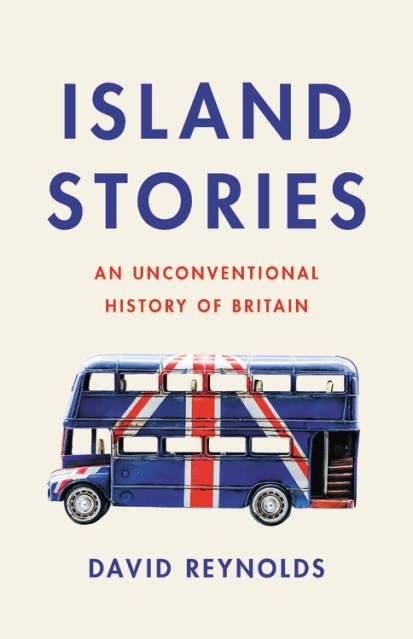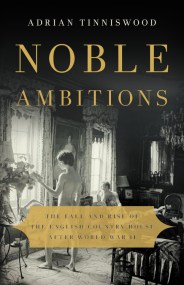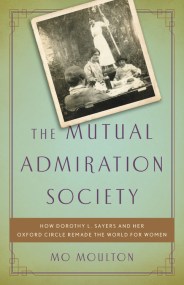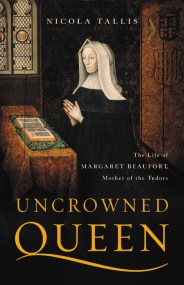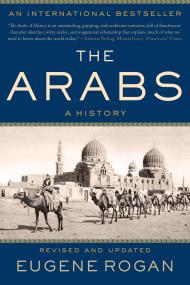Promotion
Use code MOM24 for 20% off site wide + free shipping over $45
Island Stories
An Unconventional History of Britain
Contributors
Formats and Prices
Price
$30.00Price
$38.00 CADFormat
Format:
- Hardcover $30.00 $38.00 CAD
- ebook $19.99 $25.99 CAD
- Audiobook Download (Unabridged)
This item is a preorder. Your payment method will be charged immediately, and the product is expected to ship on or around March 24, 2020. This date is subject to change due to shipping delays beyond our control.
Also available from:
This history of Britain set in a global context for our times offers a new perspective on how the rise and fall of an empire shaped modern European politics.
When the British voted to leave the European Union in 2016, the country’s future was thrown into doubt. So, too, was its past. The story of British history is no longer a triumphalist narrative of expanding global empire, nor one of ever-closer integration with Europe. What is it now?
In Island Stories, historian David Reynolds offers a multi-faceted new account of the last millennium to make sense of Britain’s turbulent present. With sharp analysis and vivid human detail, he examines how fears of decline have shaped national identity, probes Britain’s changing relations with Europe, considers the creation and erosion of the “United Kingdom,” and reassesses the rise and fall of the British Empire. Island Stories is essential reading for anyone interested in global history and politics in the era of Brexit.
Genre:
- On Sale
- Mar 24, 2020
- Page Count
- 304 pages
- Publisher
- Basic Books
- ISBN-13
- 9781541646926
Newsletter Signup
By clicking ‘Sign Up,’ I acknowledge that I have read and agree to Hachette Book Group’s Privacy Policy and Terms of Use
